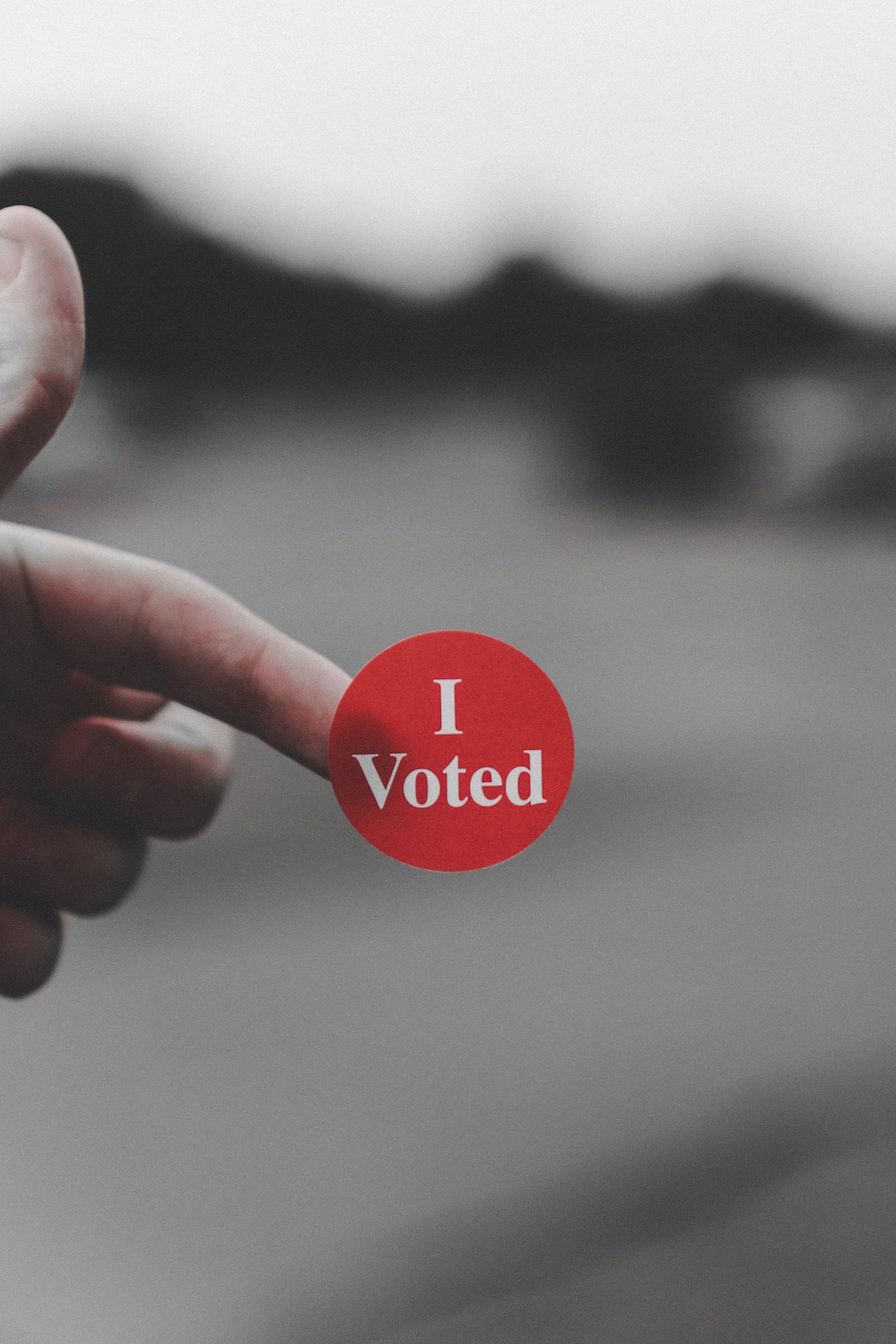Recently, we watched the North American Elections as a soccer game, a world cup final. And why is that? Are we too much fan of electoral processes or a huge fans of the United States of America? Probably not.
Note that, wherever you are, you already understood that some countries guide the rules. Wrinkling your nose, or not, you notice this. You realize that what happens in one of the largest economies in the world, both in political, economic and social terms, has repercussions in the rest of the world. It’s like a wave.
Biden won, period. Trump has already fallen — later. However, as we have also seen, many of those who are in tune with the Trumpist speeches remain firm in their convictions. Proof of this was the invasion of the US capitol where Biden’s victory was being signed.
They tried to “punch” democracy.

After that, reactions broke out everywhere. Citizens, politicians, social organizations, artists and — companies.
CEOs of big brands started to express their positions and Philip Kotler asked the question on Linkedin: “Will businesses stand up for democracy?”
And how relevant is that?
Democracy is not so fragile but it needs reinforcement. It is like the land that needs to be fertilized to generate a stronger and healthier plantation. Especially when it starts to be attacked — by pests. Therefore, the reinforcement must come from all sides, including companies.
Speeches in digital media can be spread quickly and easily, but we need to go beyond.
It doesn’t matter how big your company is, what your market share is, if your brand is personal, or how long your trademark has been registered. Your “voice” is already being heard and it may be time to act too.
The perception that humans align themselves with brands according to their purposes and it is necessary to talk in the H2H level, is old — the same Kotler already talked about brands with a human spirit in 2010 in his “Marketing 3.0” (and he went beyond with the books “Brand Activism”, “Democracy in Decline” and “Confronting Capitalism”), as well as the Harvard Business Review that designed and has been perfecting the pyramid of intangible values — with Vision, Hope and Social Responsibility at the top.
So, those who have something to say will simply say it, but those who can act will be charged for the action or for not acting.
Is placement sufficient? What actions can be done? The answers to these questions are still open, under construction, but the call has already been made.
Just preaching “economic growth” is a demonstration of an acute view of our time.